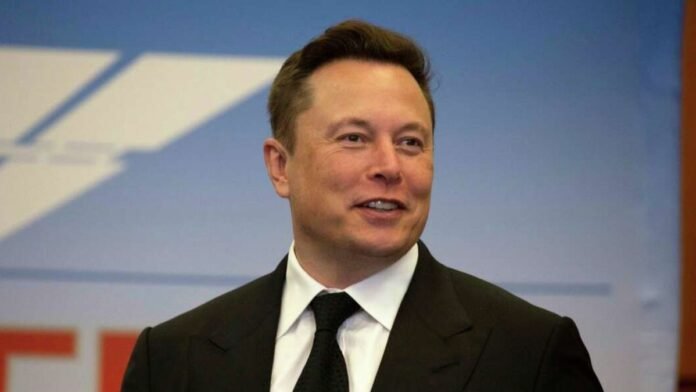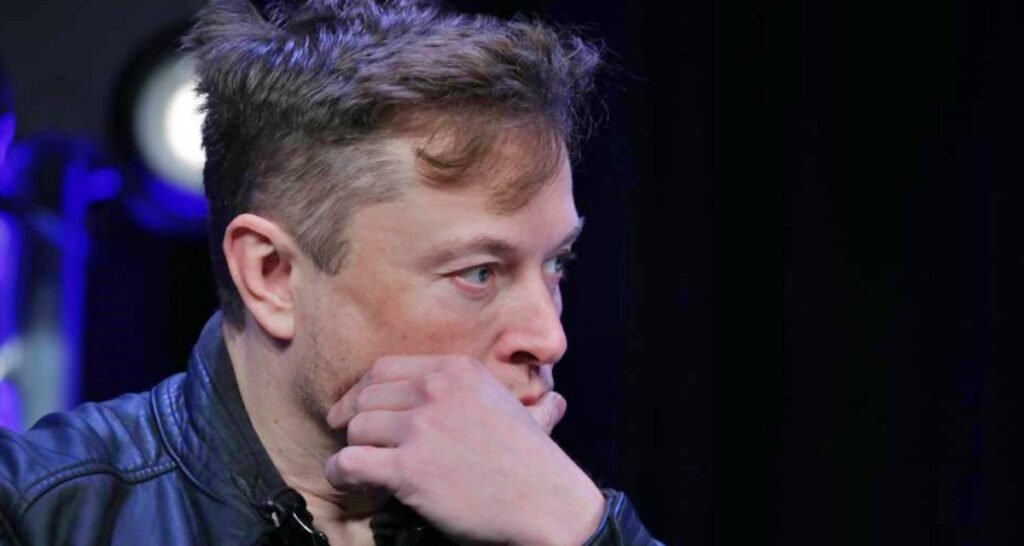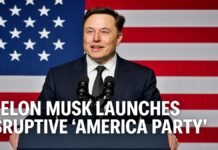
New Delhi: In a recent turn of events, Tesla and SpaceX CEO Elon Musk has vocally opposed the newly announced partnership between tech giant Apple and artificial intelligence research group OpenAI. Musk has gone as far as to threaten to prohibit the use of Apple products within his companies, citing significant security concerns.
The controversy stems from Apple’s decision to integrate OpenAI’s ChatGPT chatbot into its upcoming iOS 18 operating system, a move announced during the Worldwide Developers Conference (WWDC) on June 10. This integration, according to Apple CEO Tim Cook, will enhance Siri’s capabilities by allowing it to utilize the advanced conversational AI of ChatGPT. Apple has assured that user consent will be sought before sharing queries with ChatGPT and that personal data will not be stored.
Despite these assurances, Musk has expressed skepticism regarding the security of user information, labeling the agreement as an “unacceptable security breach.” On the social media platform X, Musk stated his disapproval, asserting that he did not wish for the deal to proceed. He further criticized Apple’s inability to develop its own AI and questioned the company’s capacity to safeguard user privacy in collaboration with OpenAI.
Musk’s stance has been clear and firm: unless Apple reconsiders this partnership, all Apple devices could face a ban across his companies, including Tesla, SpaceX, and other ventures. This bold declaration underscores the growing concerns around data privacy and security in the age of AI and machine learning advancements.

Apple’s initiative, dubbed ‘Apple Intelligence,’ aims to integrate AI more deeply into everyday applications on iPhone, iPad, and Mac devices. However, Musk’s allegations suggest a potential overreach by Apple in its pursuit of AI integration, potentially compromising user privacy.
As the situation unfolds, the tech community is closely watching to see how this clash between two industry titans will evolve and what implications it may have for the future of AI and user privacy.

















































